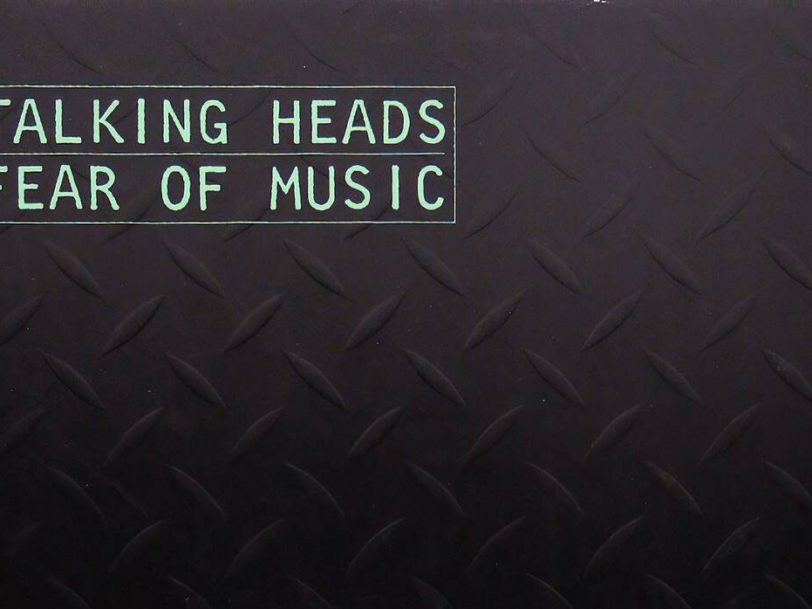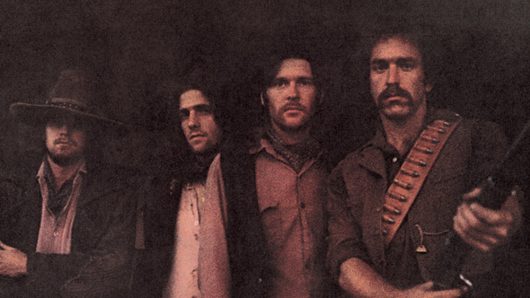When Talking Heads came to record their third album, 1979’s Fear Of Music, they were on a roll. It’s predecessor, More Songs About Buildings And Food had seen the New York band make a commercial breakthrough to match their high critical standing. It had reached No.29 in the US and No.21 in the UK, while their Al Green cover, Take Me To The River, had been a crossover hit single, peaking at No.26 in the US. The band had appeared on the influential US TV shows Saturday Night Live and American Bandstand, and their tours had become steadily bigger and further-reaching, with the group developing a significant following worldwide.
Many bands may have taken that kind of success as a cue to follow the easy route and repeat the formula. Talking Heads were not that sort of band. Instead, they entirely changed their way of composing songs and – with the support of producer Brian Eno – looked to new recording methods in a bid to keep their music creative and exciting.
Listen to ‘Fear Of Music’ here.
“We would jam until we had a cool groove”
As drummer Chris Frantz revealed in his 2020 autobiography, Remain In Love: “We had the idea to record [Fear Of Music] right in the loft where Tina and I lived. The music for the album had been mostly written, arranged and rehearsed there and we felt that the acoustics of our rehearsal space would make for an interesting contrast in sound to our previous two albums. Eno was keen on the idea, too.”
While Brian Eno’s influence had been key on broadening their musical horizons for More Songs About Buildings And Food, that album’s songs had been composed, mostly by frontman David Byrne, in a traditional singer-songwriter fashion. With Fear Of Music, Talking Heads abandoned that way of working as the group switched to creating more jam-based tracks. “We had been working on these songs for weeks and our playing was really energetic and tight,” Frantz recalled “The songs we recorded most often grew out of extended jam sessions. We developed a process where we would jam until we had a cool groove and tempo happening… The music was a real collaboration. David would take the cassette recording home with him to write lyrics. In the case of Life During Wartime, the song began as a jam between Tina and me. The entire song, including the vocal melody, is based on Tina’s part.”




